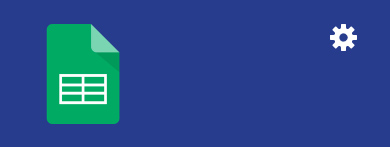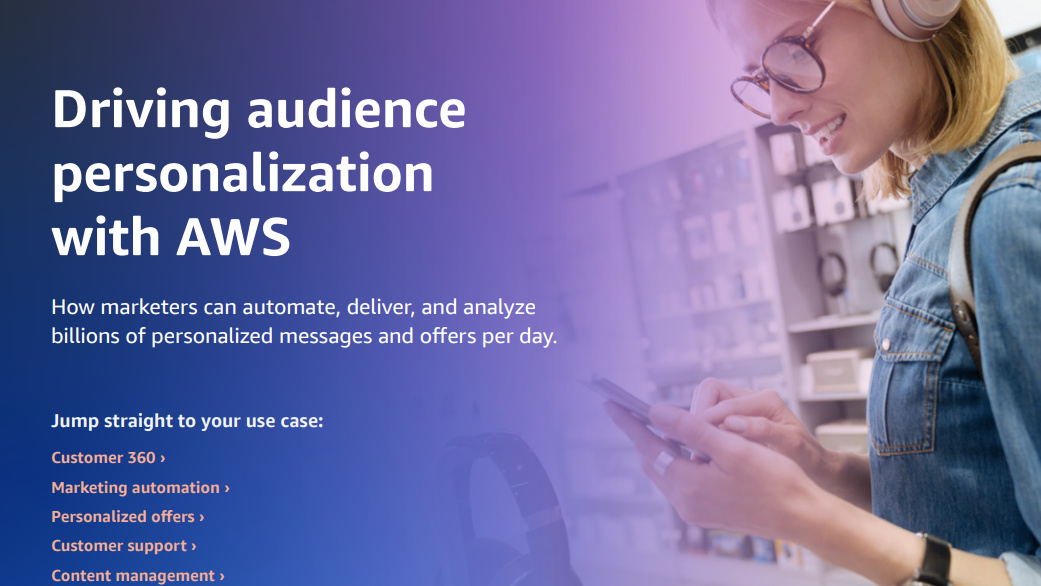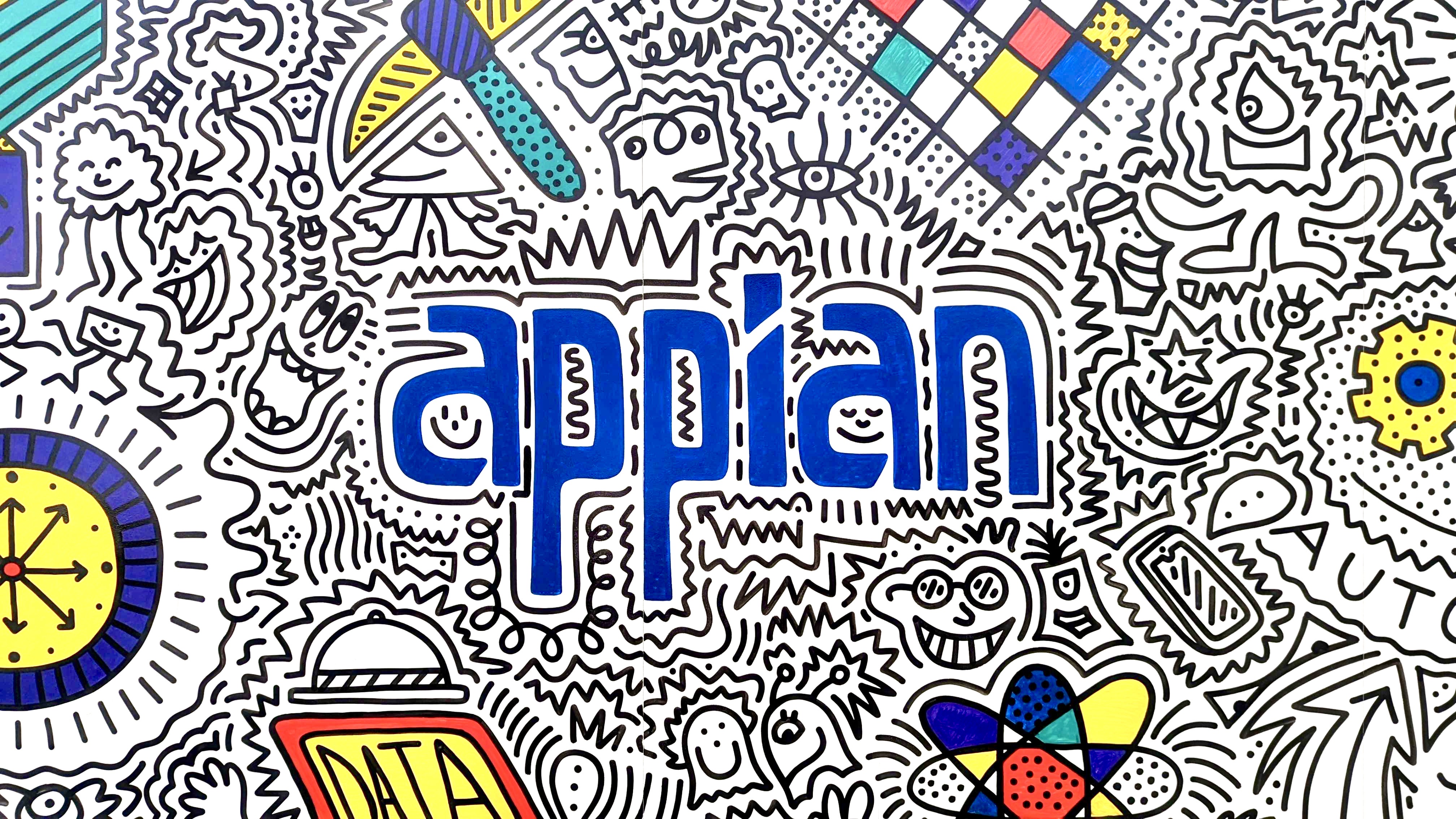The 10 best IFTTT apps to help automate your business
Nik Rawlinson explores how simple automation can help workers be more productive

Administrative tasks are an inescapable fact of business life, but they're also the cause of a lot of wasted time and potential. It makes no sense to hire a talented, experienced employee and then have them spend half their days doing menial tasks.
The element of distraction can be destructive too. If workers need to instantly respond to incoming messages and work requests, their work will suffer. Researchers at George Mason University found that even brief distractions can significantly affect the quality of a person's work. Recent research by Gloria Mark of the University of California found that it takes the average worker 25 minutes to get back to a task from which they've been distracted.
Clearly, if your business is to thrive, you need to minimise the amount of time your staff spend dealing with internal administration tasks and the number of time-wasting distractions. And the answer could be as simple as IFTTT.
Simple automation
Short for If This Then That, IFTTT is a web-based automation platform. You can think of IFTTT as a virtual butler that carries out minor tasks automatically on your behalf without waiting to be told. It's become very popular thanks to its simplicity, and its ability to inter-operate with a wide range of online consumer services: for example, you can activate pre-configured IFTTT "applets" to automatically download Facebook photos to Google Drive, sync your Alexa to-do list with Wunderlist, or be alerted when the International Space Station passes over your house.
But IFTTT isn't just for home users. It can also hook into Slack, Trello and a host of other office platforms which means it can save businesses a great deal of time and effort.
Signing up to IFTTT
IFTTT works by interfacing with services you already use, so to get started you'll need to set up an IFTTT account and authorise it to access these services on your behalf. You can do this at ifttt.com/join. Don't worry, you don't need to stay logged in all the time: once you've set up your applets, you can log out and close the browser and they'll continue to operate. You only need to be logged in to edit applets and create new ones.
Certain applets run completely automatically, responding to external events and triggers such as an incoming email to a specified address. You can also create applets that respond to direct input from you: the easiest way to provide this input is via the IFTTT app, which is free for both Android and iOS.
Get the ITPro daily newsletter
Sign up today and you will receive a free copy of our Future Focus 2025 report - the leading guidance on AI, cybersecurity and other IT challenges as per 700+ senior executives
Below is our rundown of the ten must-have IFTTT applets that will save your business time.
Top 10 IFTTT Applets for Business
Add photos directly to Trello

If you manage team projects with Trello, this applet makes it easy to share captured whiteboards and documents with your colleagues. You'll need to give it access to your Trello account, then select the board you want to add the photos to. By default, it adds them to a list called "DO Camera", but we've created a dedicated list called "Photos". To choose which list to send your images to, click the cog at the top of the IFTTT card and enter it into the List Name box. You can also decide whether to tag other board users, specify where the photo should appear in the list, and add useful metadata such as where the image was shot.
Now to get our photos into IFTTT. The easiest solution is to use a phone widget: open the IFTTT app on your phone and tap your new applet, followed by Widget settings. Tap the Add button to add a dedicated button for this workflow to the main screen. You can call it whatever you like, but we have chosen "Trello photo".
Now, when we want to post an image to Trello, rather than using the regular camera app, we can simply tap the new widget on the phone homescreen and snap away. The photo will be automatically uploaded as soon as we close the widget. You can do the same thing with Slack using the applet at ift.tt/2ogACJg.
Post a reminder to Slack before a calendar event starts

Connect IFTTT to both Google Calendar and your Slack account, and it can remind all participants including yourself of upcoming meetings without any manual intervention. Now nobody has an excuse not to be there on time. By default, reminders are sent 15 minutes before the event start time.
Add a task to Todoist whenever you star an email

If you use Gmail, this applet lets you quickly triage email and make a note of messages that need actioning later. Once you grant IFTTT access to both your Google and Todoist accounts, starring a message in your inbox will automatically add a note to your Inbox list on Todoist. If you want to use a different list, create it in Todoist first, then select it from the drop-down on the IFTTT card. You can also set a default priority between one (urgent) and four (it can wait) but you can't set these individually, so whichever level you choose will apply to all messages you star.
Send a hands-free voice note on Slack

Running late? Let the whole team know without taking your hands off the steering wheel: this applet lets you use "Okay Google" to post a note to Slack. And, of course, it can be turned to more uses than just informing your colleagues not to expect you. You could use it to quickly assign tasks, or add thoughts to a remote brainstorming session when they occur.
Sync new files added to Dropbox to your Google Drive

Many of us have to share assets across multiple services. This applet makes it easy, by automatically syncing the contents of one into the other. It's particularly useful if you've created a public Dropbox folder to accept incoming files, or your camera automatically syncs to Dropbox over Wi-Fi, as everything is immediately shared with users of both platforms.
Sync Gmail emails with receipts, orders and invoices to Google Spreadsheets

Simplify your accounts by setting up a dedicated Gmail address and asking all staff to email their expenses, receipts, orders and invoices to it before they become due. IFTTT will automatically add each one to a Google Spreadsheet, complete with a link to the first attachment. In this way, your staff can easily submit documentation whenever it suits them, and no-one has to waste time trawling through dozens of emails looking for paperwork.
Track your work hours in Google Calendar

This applet helps staff keep track of the hours they spend in the office, on client sites and elsewhere valuable information if they bill by the hour. Once the applet is enabled, the IFTTT smartphone app will detect where they are and automatically create an entry on Google Calendar recording their location for that period, for easy billing at the end of the week, month or project.
Schedule daily or weekly recurring Trello cards

Certain jobs keep cropping up, and it's often helpful to track them on Trello so they don't get missed. That means someone's got to keep posting the same card over and over unless you use this applet. Set up as many jobs as you like, and leave IFTTT to add them to your Trello lists at the appropriate times.
Send live updates from Twitter to Slack

Save time by forwarding one person's tweets directly to a Slack channel very handy if someone's attending a live event, as it allows everyone to stay updated without having to wade through a busy timeline or keep refreshing the Twitter app.
Add hashed tweets to a Google Spreadsheet

Many businesses use Twitter to track what's being said about their company. Save yourself the chore of manually searching for relevant hashtags with this applet, which automatically searches for tweets containing a specified hashtag and adds up to 15 posts to the Google spreadsheet of your choice.
Image: Shutterstock
Nik Rawlinson is a journalist with over 20 years of experience writing for and editing some of the UK’s biggest technology magazines. He spent seven years as editor of MacUser magazine and has written for titles as diverse as Good Housekeeping, Men's Fitness, and PC Pro.
Over the years Nik has written numerous reviews and guides for ITPro, particularly on Linux distros, Windows, and other operating systems. His expertise also includes best practices for cloud apps, communications systems, and migrating between software and services.
-
 Asus ZenScreen Fold OLED MQ17QH review
Asus ZenScreen Fold OLED MQ17QH reviewReviews A stunning foldable 17.3in OLED display – but it's too expensive to be anything more than a thrilling tech demo
By Sasha Muller
-
 How the UK MoJ achieved secure networks for prisons and offices with Palo Alto Networks
How the UK MoJ achieved secure networks for prisons and offices with Palo Alto NetworksCase study Adopting zero trust is a necessity when your own users are trying to launch cyber attacks
By Rory Bathgate
-
 The race is on for higher ed to adapt: Equity in hyflex learning
The race is on for higher ed to adapt: Equity in hyflex learningWHITEPAPER Fulfil student and faculty needs
By ITPro
-
 Practical ergonomics guide for education
Practical ergonomics guide for educationWHITEPAPER Save energy, focus, and promote overall well-being
By ITPro
-
 How to manage – and mitigate – performative working
How to manage – and mitigate – performative workingFeature An increasing number of people are putting on a show of working, rather than actually getting on with it
By Peter Ray Allison
-
 Automate personalization with AWS
Automate personalization with AWSWhitepaper How marketers can automate, deliver, and analyze billions of personalized messages and offers per day
By ITPro
-
 The ultimate guide to 3D
The ultimate guide to 3DWhitepaper Creative boost breaks
By ITPro
-
 Developing an end-to-end process for virtual photography
Developing an end-to-end process for virtual photographyWhitepaper Sharing the best practice of creating production-quality photographs with software
By ITPro
-
 How a hyper-automation platform can drive value for your bank
How a hyper-automation platform can drive value for your bankWhitepaper Five ways automated processes can drive revenue and growth
By ITPro
-
 Appian wants to be the AI company for AI skeptics
Appian wants to be the AI company for AI skepticsAnalysis The firm outlines its AI strategy at Appian World 2023 while using ChatGPT and Midjourney to create scripts and imagery for keynote presentations
By Rory Bathgate